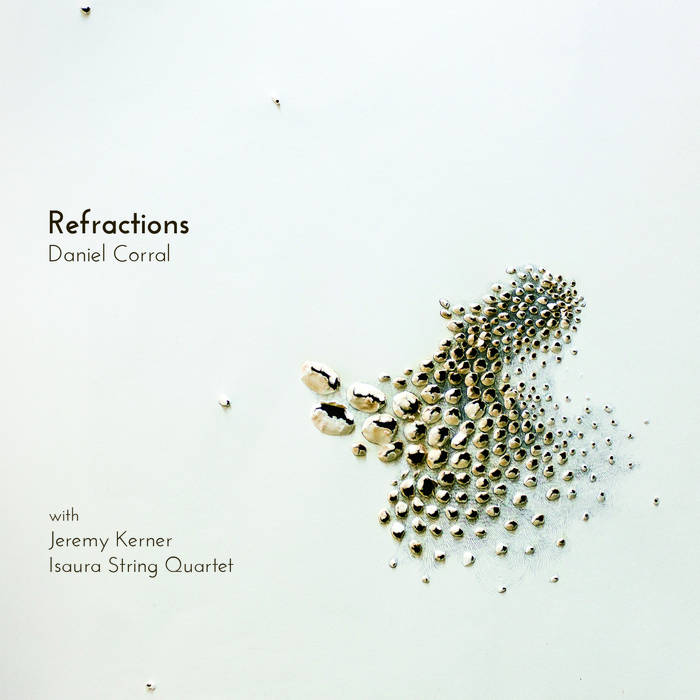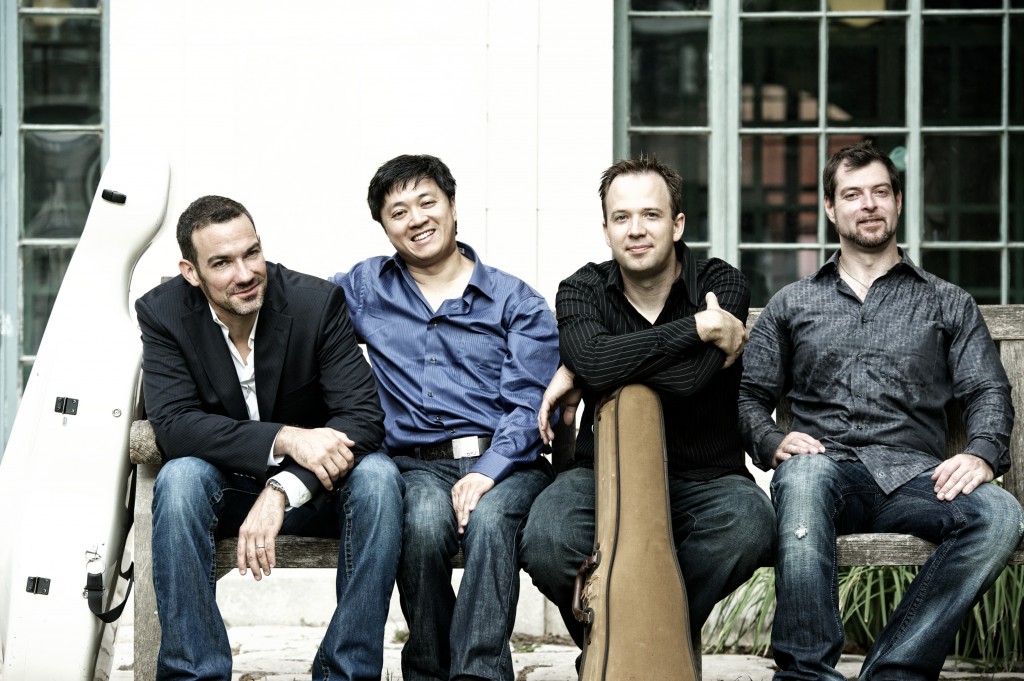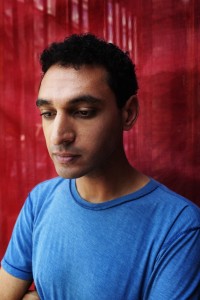Attacca Quartet
Real Life
Sony Music CD/DL
Kronos Quartet excepted, there have been a lot of really bad arrangements of pop music for string quartet. Part of the problem is that the arrangers of these covers attempt to translate a medium that involves amplification, electronics, and a flexible sense of rhythm into straight notation for acoustic ensemble. Attacca Quartet’s Real Life, on the other hand, sees the opportunity for collaboration in electronic music covers.
Their recordings are subjected to production from some of the top electronic musicians in the industry: Tokimonsta, Squarepusher, and Daedelus among them. The songs are by the artists Flying Lotus (“Remind U” is a particular standout), Louis Cole, Anne Müller, and Mid-Air Thief. The title track, by Cole, features propulsive beats that are offset by chordal strings and the song’s melody doubled in octaves. After a fragmentary opening, Mid-air Thief’s “Why” is populated with reverberant crescendos. Pizzicatos, drumset, and quirky harmonies give Squarepusher’s “Xetaka 1” a fascinating, off-kilter feel, like Bartôk in a blender.
At thirty-five minutes, the recording doesn’t overstay its welcome, with several of the selections truncated from their original versions. A welcome exception is “Drifting Circles” by Anne Müller, in which minimal ostinatos adorn the song’s sumptuous chord progression and evolving textures are explored. Cole’s “More Love Less Hate” provides an aphoristic, supple coda to the proceedings.
- Christian Carey





